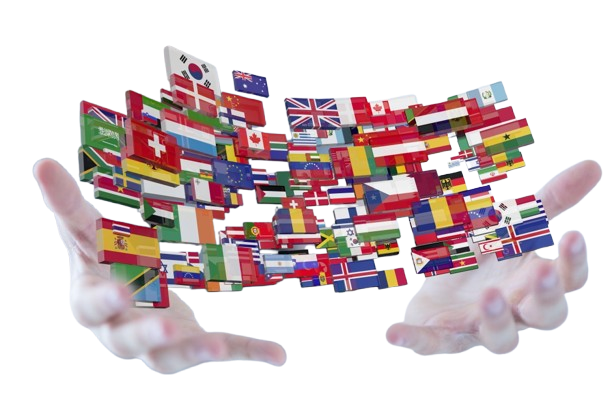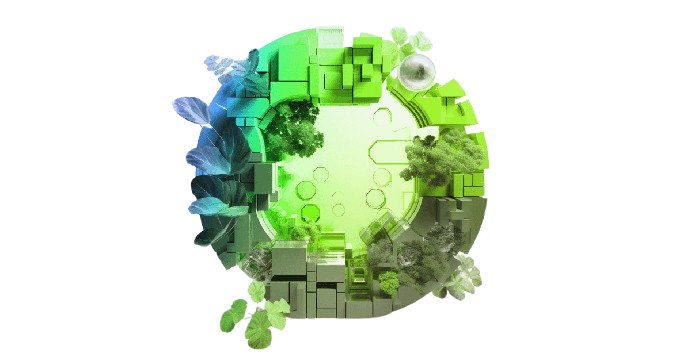Diplomacy in the 21st Century: New Alliances and Changing Power Dynamics
- Analysis
-
Oct 02
- Share post

Introduction
The world is changing fast, and so is diplomacy. Global power dynamics are shifting, and new alliances are forming. Big players like the U.S. and China are adapting their strategies, while smaller countries are finding their voice. In this blog, we’ll explore what’s happening in modern diplomacy, how countries are adjusting, and what it means for global politics. Let’s take a closer look.
The Global Shift in Power
The 21st century has seen a significant transformation in global power dynamics. Where once Western countries, particularly the United States and Europe, dominated global diplomacy, new powers are rising to challenge this hegemony. Countries like China, India, and Brazil have become major players on the global stage, forcing traditional powers to rethink their diplomatic approaches.
- The Rise of China: China’s Belt and Road Initiative (BRI) is a prime example of how emerging powers are reshaping global diplomacy. Through infrastructure investments across Asia, Africa, and Europe, China is expanding its influence, creating a network of economic and political alliances.
- India’s Strategic Role: India, too, is emerging as a crucial player in global diplomacy, especially in its relations with the U.S., Japan, and ASEAN nations. Its growing economy and strategic location make it a key partner in balancing regional power, particularly in the Indo-Pacific.
- A Decline in U.S. Dominance? While the U.S. remains a global superpower, recent shifts in its foreign policy and the rise of multipolarity have led to questions about its continued dominance in international affairs.
These shifts indicate that diplomacy is no longer a game of a few major players but a complex interplay of multiple regional powers with diverse interests.
The Rise of New Alliances
With the rise of new global powers comes the formation of new alliances. The 21st century is increasingly defined by multipolarity—a world where power is distributed among various centers rather than concentrated in a single or few dominant countries.
- BRICS and Emerging Economies: BRICS (Brazil, Russia, India, China, and South Africa) has emerged as a significant bloc, offering a counterbalance to Western-dominated organizations like the G7. These countries, though diverse in their political and economic systems, have found common ground in challenging Western influence.
- Shifting Western Alliances: Meanwhile, traditional alliances such as NATO and the European Union face internal challenges, from political shifts to Brexit. However, these alliances are recalibrating to address new threats, such as cybersecurity and the rise of authoritarianism.
- Middle East and New Partnerships: In the Middle East, historic enemies are now forging unlikely alliances. The recent normalization of relations between Israel and several Arab nations (under the Abraham Accords) is a testament to the evolving nature of diplomatic ties in response to shifting regional dynamics.
These new alliances indicate a growing complexity in global diplomacy, where traditional relationships are tested, and new, sometimes unexpected, partnerships are formed.
The Impact of Technology on Diplomacy
Technology has transformed every facet of modern life, and diplomacy is no exception. In the digital age, the way countries interact, negotiate, and influence one another has been fundamentally altered.
- Cyber Diplomacy: As cyberattacks become more frequent and sophisticated, nations are increasingly engaging in cyber diplomacy. Countries are working to develop norms and regulations for cyberspace, making it a new battleground for diplomatic efforts.
- Social Media as a Diplomatic Tool: Platforms like Twitter and Facebook have become essential tools for public diplomacy. Leaders such as former U.S. President Donald Trump and Indian Prime Minister Narendra Modi have used social media to communicate directly with citizens and other nations, bypassing traditional media outlets.
- Artificial Intelligence and Diplomacy: AI is also playing a growing role in diplomacy, from automating administrative tasks in foreign ministries to analyzing geopolitical trends and helping shape foreign policy decisions.
The digital transformation of diplomacy means that nations must stay ahead of technological advancements to maintain their influence on the global stage.
Internal Link: Discover the political, economic, and social reasons behind conflicts and their complex role in shaping global diplomacy in our article on Why Wars are Necessary?
Climate Diplomacy: A Global Priority
In recent years, climate change has become a central issue in global diplomacy. As nations grapple with its far-reaching effects, climate diplomacy is emerging as one of the most critical areas of international cooperation.
- The Paris Agreement: The 2015 Paris Climate Accord remains one of the most significant diplomatic achievements of recent years, bringing together nearly 200 countries to combat global warming. This agreement highlights the growing importance of environmental issues in diplomatic discussions.
- Climate as a Geopolitical Issue: The geopolitical implications of climate change are becoming more apparent, as issues like resource scarcity, climate refugees, and natural disasters lead to conflicts and require international cooperation.
- Developing Countries and Climate Justice: Diplomacy around climate change also involves negotiations between developed and developing countries. Developing nations often bear the brunt of climate impacts but have historically contributed less to global emissions. As a result, they demand more significant support from wealthier countries, raising complex issues of equity and justice in international negotiations.
Climate diplomacy represents a new frontier in global relations, where environmental sustainability is as important as economic and political concerns.
The Role of Soft Power in Modern Diplomacy
In today’s interconnected world, soft power—the ability to influence others through culture, values, and policies—is becoming increasingly important in diplomacy.
- Cultural Diplomacy: Countries like South Korea (through the global success of K-pop and Korean dramas) and Japan (with its emphasis on anime and technology) have leveraged cultural exports to enhance their global image and influence. This form of diplomacy helps nations build positive reputations without the use of military or economic pressure.
- International Aid and Development: Nations like the Nordic countries (Sweden, Norway, Denmark) are known for using international development aid as a soft power tool. By providing humanitarian assistance, they earn goodwill and influence global discussions on human rights and governance.
- Diplomacy through Education and Exchange Programs: Programs like the Fulbright scholarship or China’s Confucius Institutes serve as vehicles for soft power, allowing nations to spread their cultural and political influence through educational exchanges.
Soft power complements traditional hard power, offering a way for countries to win hearts and minds without resorting to coercion.
Conclusion
Lastly, diplomacy is constantly evolving. Global power is shifting, and countries are forming new alliances. At the same time, technology is changing how nations interact. Moreover, climate change is pushing countries to work together. Soft power is becoming more important in shaping international relations. As the world changes, diplomacy will remain key. In short, the future depends on how well countries can adapt and cooperate.







https://Lvivforum.pp.ua
October 22, 2024 at 10:44 amWow, tis piece of writing is pleasant, my younger sister is analyzingg
such things, thus I am going tto tell her.